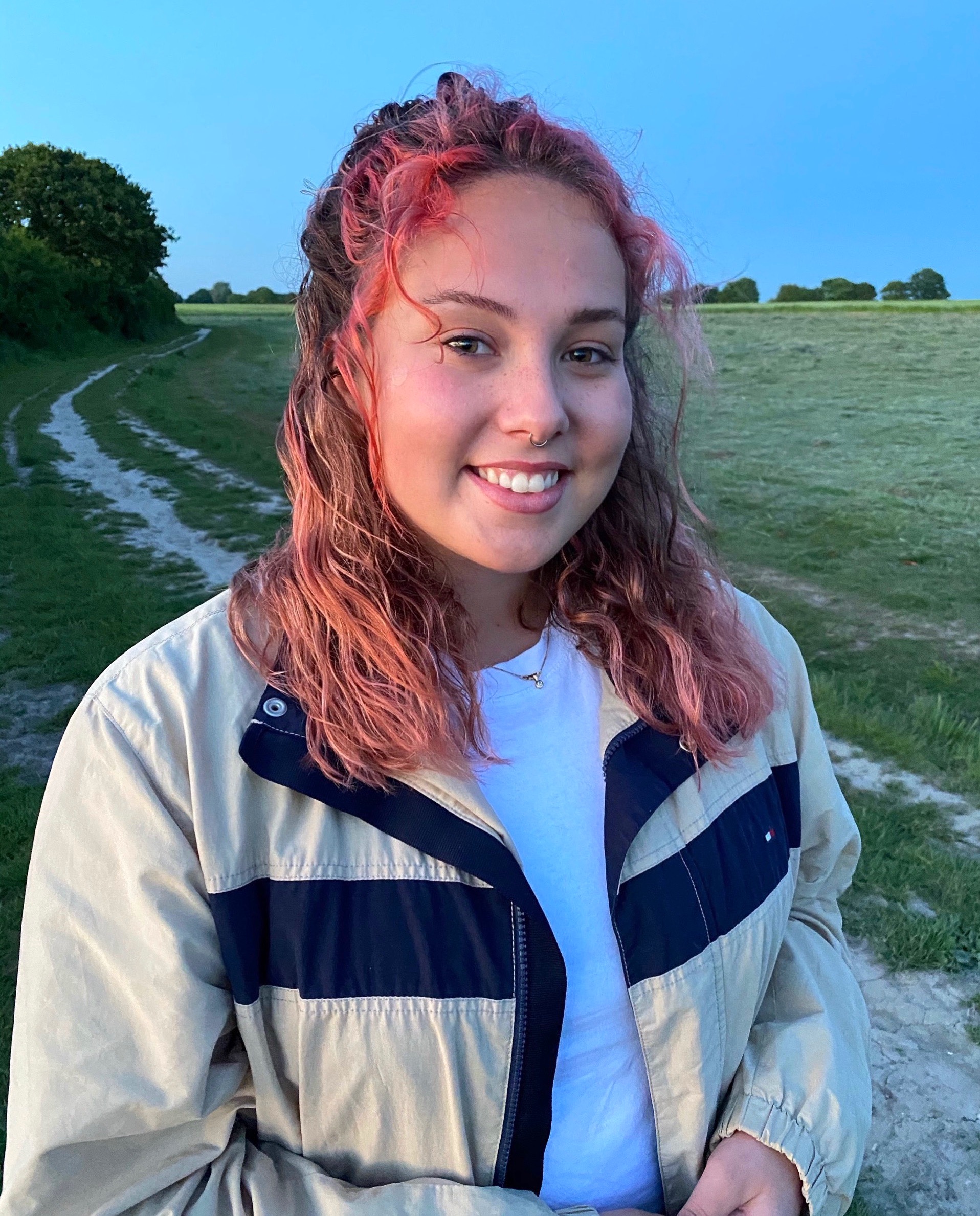“Nothing is so painful to the human mind as a great and sudden change.”
So reads Mary Shelley’s Frankenstein. Yet, despite the two hundred years that have passed since publication, Shelley’s words possess an unnerving weight in today’s contemporary climate. Indeed, 2020 has marked a very great and very sudden change. The world as we know it is irrevocably altered; the dystopian futures so often written about seem to have arrived. Our reality has become unreality. All that was known is unknown. Much like a dystopian fiction, the world we find ourselves in is an unfamiliar one.
Quarantine has, however, proved the perfect climate for thinking. I find myself thinking, a lot. I think about trivial things: about lunch, Netflix shows, Zoom meetings, dinner. Then, I think about life and death. I think about the media and the impact it’s having on our lives, especially during times like these. Particularly, I find myself thinking about the literature I have read, the literature I am reading, the literature I want to read. I’m drawn to texts that describe altered futures, their stories, their characters, the narratives and new landscapes they navigate. How strangely relevant or irrelevant their stories have become in the light of the pandemic. I wonder, did Orwell know, when writing Nineteen Eighty Four, how the heavily surveilled, regimented landscape of his novel would resonate with the Government-imposed lockdown of Covid-19? I wonder what the people of tomorrow will say, what the literature of tomorrow read? Will they be wiser? What will they know that we won’t? How will narrative change, what form will it take? What will the landscape of future literature look like?
I’m Emily Byfield-Riches, a third-year English Literature student at Surrey. Up until recently, I was studying abroad at a partner University in Australia, La Trobe. Now back in England, and deep in the midst of the coronavirus pandemic, I am – like the rest of the UK – struggling to navigate this strange new world. Over the next few weeks, I’ll be speaking with staff and students from the University of Surrey, in a project called Isolation Insight. We’ll be discussing their experiences in quarantine and the kinds of cultural solace they have been seeking during these times. In particular, I’ll be asking what they’re reading in isolation, why they’re reading it, and how these pieces of literature – and perhaps other cultural forms – might take on new meaning in light of the pandemic.
Next week, I’ll be interviewing fellow Literature student, Lisa Cosham, who has also been forced to return home from her studies abroad. Check back in with the Surrey Literature and Languages blog next week to hear Lisa and I talk about her experiences in quarantine.
Emily


Hi Emily
Your articulation is indeed expansive and insightful. Savoured reading different dimensions outlined exquisitely
Hi Emily, great post. I particularly enjoyed your reflections on thinking about literature and what you are reading or want to read. I look forward to seeing the next post.